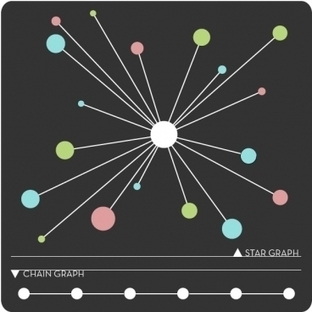It is commonly understood that when a parent has died of heart disease at a young age (under 60), the offspring have a higher risk of having heart disease.
A recent study, which examined data on millions of people in Denmark over a period of 30 years, confirms this theory. In fact, the risk is also increased for individuals with a second-degree relative (grandparent, half-sibling) who died young.
And the risk can be compounded-- when two or more first-degree relatives died of heart problems before age 60, a person's own risk of early heart disease rose five-fold.
It's important to note that the power of lifestyle changes to offset this potential is not clear. So, while the risk may be increased for individuals with a family history, there is still a very likely benefit to making improvements in blood pressure, cholesterol, exercise, and diet. The increased risk should be used as information and perhaps inspiration to make improvements, but not as a foregone lifespan conclusion.



 Your new post is loading...
Your new post is loading...








